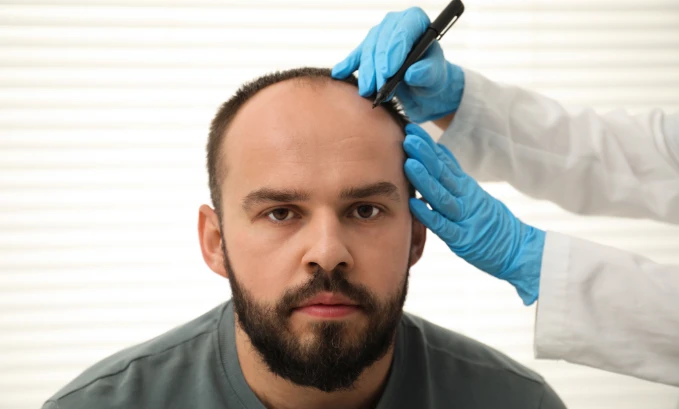
People don’t have to be irresponsible to end up addicted to something. Many folks have addictive personalities that fall prey to gambling or drugs. Individuals can experience a tragic bereavement that rocks their world, or they may be battling with PTSD (Post Traumatic Stress Disorder). Perhaps a person has lost their job or experienced a major relationship breakup.
The danger comes when a person uses alcohol or drugs to numb the emotional pain. Over time the effects of the drugs may diminish, and the dosage may be increased. A person may feel like the issue has become bigger than them. But when should a person consider going to rehab in order to get free? Let’s consider this issue together.
Know What Rehab Has to Offer
Rehab centers provide the opportunity to get away from everything and to focus on addiction issues. According to the professionals at https://rehabbali.com, people need a safe medical environment where they can experience detox. They also benefit from one to one psychotherapy rather than just addressing the symptoms of the addiction. There is also the chance to learn strategies for their future lives. Some clinics offer outpatient services too.
When Enough Is Enough
A person may have decided it’s time to change. Students may be in danger of failing their courses. Adults may be struggling to hold down their job, or even have lost it because of the addiction.
A person may wish to draw a line under their old life and to create a new one. The addict may wish to stop who they are becoming, where the road is taking them, and how it is affecting others.
When the Addiction Dominates Everything
An addict may spend all their time either using drugs or taking steps to gain more. It’s not normal for someone to drink alcohol at such times as breakfast. If someone can drink loads and experience no hangover the next day, this is also concerning. An addict may keep upping the dose in order to feel normal.
People may be selling or swapping everything they own for drugs. It could be their music equipment or television, for example. They may also be experiencing health issues such as tiredness, throwing up, or confusion.
If the Person Keeps Withdrawing
Drug use can make a social person become a recluse. They may back away from their normal clubs, friendship groups, and hobby activities.
Addicts frequently struggle with concentration and talking to others. Relationships can be put under strain or even lost. Money may have been borrowed to pay for drugs, but the person is unable to repay the debt.
Looking for help from a luxury detox in Maine or another peaceful setting can provide the right environment to start the healing process with dignity and privacy. These facilities often combine medical support with therapeutic programs aimed at rebuilding personal connections and restoring financial stability.
If There Is Lying and Stealing
People may try to hide their addictions (This is easier with alcohol issues than with other drugs). They may lie about where they are going and what they are doing. Drugs may be hidden in their home too.
Addicts may do anything to get money for drugs. They may even cheat their friends financially or steal. Their cravings may force them to go to the local hospital with fake symptoms, in order to obtain prescription medication.
When a Person Can’t Help Themselves
This is not a sign of weakness; it is an acknowledgment that someone else needs to help make the change. Withdrawal symptoms and cold turkey can be an awful experience, particularly when someone goes it alone. It can also be hard to say ‘no’ to drugs, particularly when one’s friends are using it as well.
When there is no will power or the urge is too strong, rehab is surely the way forward.
When Someone’s Been to Rehab Before
Anyone who has passed through rehab will know the benefits it can supply. People can forget the advice they have been given previously, and need a refresher course. Our lives change, too. We may have been doing well after rehab and then – bam! – a change of circumstances occurs and we are all over the place again. New strategies may need to be learned.
If someone feels they are on the edge of a major relapse, it may be best to get away again and gain some extra support.
If someone decides to go to rehab, they will be unable to access the drugs that are destroying them. They can learn new things such as how to exercise and eat healthily. They can practice mindfulness meditation or Cognitive Based Therapy which helps a person think and act differently.
Attendees make new friends, too. Daily life can become structured, and valuable counseling is received. The underlying issues can be addressed in confidentiality, and medical help will be on hand both day and night. The negative cycle can be broken, and new boundaries are established. The future can become bright, and life can become worth living once again.













